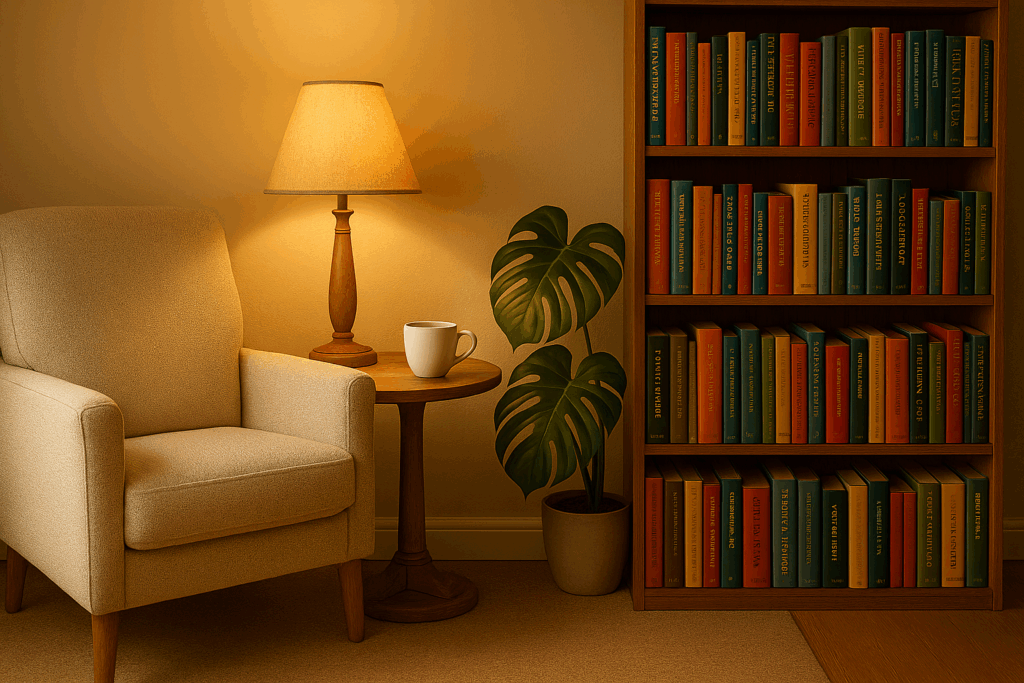Sleep Better in 2025: Creating a Night Routine That Really Works
Getting good sleep isn’t just trendy advice; it’s a non-negotiable pillar of well-being. By 2025, with our busy schedules and endless digital distractions, truly restorative sleep feels harder to come by for a lot of people—including me, honestly. I’ve lost count of the nights I’ve spent staring at the ceiling, mind racing after scrolling through the day’s news. But building a night routine that actually supports rest isn’t as complicated—or rigid—as some guides make it out to be. Here’s a deep, honest exploration of what it really takes to sleep well in today’s world, drawn from personal experience, expert tips, and plenty of trial and error.
Why Night Routines Still Make All the Difference
It might sound simplistic to credit a bedtime routine with better sleep, but there’s strong science (and plenty of real-world stories) backing up the idea that our bodies crave consistency. A predictable wind-down process sends gentle signals to your brain: “It’s safe to switch off now.” Maybe you’ve noticed, like I have, that skipping these small rituals makes falling asleep just a little bit harder, almost every time. Over time, night routines become less about discipline and more about self-compassion—a soft boundary against the stresses of the day.
The Core Elements: Where Good Sleep Begins
There’s no universal off-switch for sleep, but some habits show up again and again among well-rested people:
Disconnect Early: It’s tempting to catch up on emails or social media just before bed, but the light from screens can throw off your body’s clock. I try to stash my phone across the room at least 30 minutes before lights out. Not always perfectly, but it helps.
Gentle Lighting: About an hour before bed, switch to softer, warmer lighting. Even something as simple as a bedside lamp or string lights can help your body transition from high-alert mode to a state of calm.
Small Rituals: For some, it’s reading a paperback. For others, it’s a cup of herbal tea, a quick journal entry, or stretching out tight muscles. Personally, I jot down something I’m grateful for—even on tough days—before closing my eyes.
Temperature Matters: Cooler rooms are best for sleep. If you can, set your thermostat a couple of degrees lower at night or crack a window (unless you live next to a honking street, like me, in which case, a quiet fan works wonders).
Consistent Timing: Try to stick to regular bed and wake times, even on weekends. Your body’s circadian rhythms truly notice the difference, perhaps more than you’d expect.
When Things Don’t Go Perfectly
Let’s be realistic: Life happens. There are nights when work or worries keep you up, or you just get sucked into one more episode. That’s normal. Rather than beating yourself up, try to ease back into your routine the next night. Most sleep experts (and frankly, most people I know) agree: Consistency over time matters more than perfection every night.
The Role of Technology (When Used Wisely)
Ironically, while screens too close to bedtime can hurt your sleep, some tech actually helps. Wearable trackers can show patterns—one friend realized her restless nights always coincided with late caffeine. White noise machines or gentle ambient sound apps can smooth out street noise or household disruptions. Just make sure technology serves a purpose, rather than becoming another source of sleepless scrolling. I keep my watch on “do not disturb” and set a “wind-down” alarm about an hour before bed as a gentle reminder to start my routine.
Quick Tips and Common Pitfalls
- Heavy meals or alcohol late at night can disrupt sleep cycles, even if they don’t prevent you from falling asleep. Try to keep dinner light and finish eating a couple of hours before bed.
- If you can’t sleep, get up and do something quiet with dim lighting—a chapter of a familiar book, maybe. Trying to “force” sleep often backfires.
- Don’t stress about the rare bad night. Everyone has them. Tomorrow’s another chance to reset.
The Human Element: Real Stories, Real Results
What finally changed my sleep for the better wasn’t a fancy gadget or a strict checklist. It was weaving together a few simple, soothing habits—a warm shower, five minutes of writing, stepping away from my laptop—that became a kind of personal ritual. Friends share similar stories: One listens to the same calming playlist nightly; another pairs gentle yoga stretches with breathing exercises. Over time, these routines feel less like chores and more like small, daily acts of self-care.
Final Thoughts: Sleep as Self-Respect
In 2025, with life moving fast and distractions everywhere, good sleep isn’t a luxury; it’s respect for your future self. The key isn’t finding the perfect, influencer-approved routine, but experimenting with what helps you personally unwind. Adjust, adapt, and—when life gets messy—just try again the next night. Eventually, sleep becomes less elusive, and your days feel better for it.

